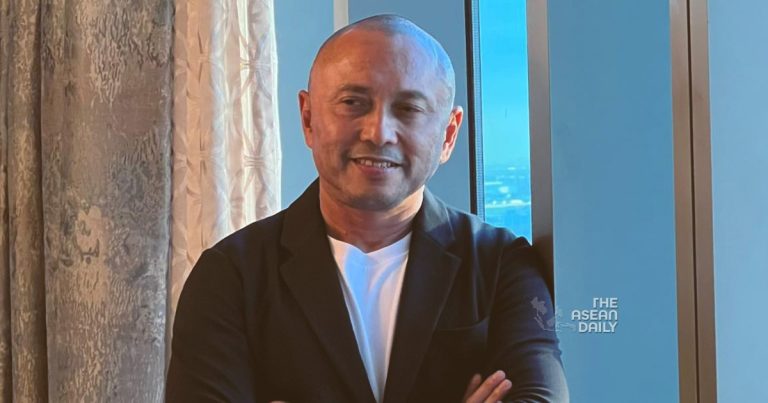7-9-2024 (MANILA) The Philippine Department of Justice (DOJ) has expressed confidence that the extradition of Arnolfo Teves Jr., a former congressman accused of masterminding a high-profile political assassination, is imminent. According to DOJ officials, the government of Timor-Leste, where Teves has sought refuge, is increasingly eager to resolve the situation.
DOJ spokesperson Mico Clavano revealed in a recent press forum that Timor-Leste’s President Jose Ramos-Horta has personally indicated that Teves’ return to the Philippines is on the horizon. “The Timorese leadership has made it clear that they do not wish for Mr Teves to extend his stay in their country,” Clavano stated.
Teves fled the Philippines in 2023 after being implicated in the murder of Negros Oriental Governor Roel Degamo, who was fatally shot in March of that year. The case sent shockwaves through Philippine politics and led to Teves’ expulsion from Congress.
The DOJ anticipates that extradition proceedings will commence in the coming weeks, following Pope Francis’ visit to Timor-Leste from 9 to 11 September. “We are poised to execute the operation promptly after the papal visit, subject to coordination with Timorese authorities,” Clavano explained.
However, the situation remains contentious, with conflicting reports about the legal status of Teves in Timor-Leste. While the Philippine government has claimed that Timor-Leste’s Court of Appeals denied Teves’ request to reconsider his extradition, the former lawmaker’s legal team has vehemently disputed this.
Ferdinand Topacio, Teves’ lawyer, labelled the government’s announcement as “fake news” in a separate briefing. “No decision has been rendered yet. What has been issued is a stay order,” Topacio asserted, criticising the DOJ’s handling of the case.
Teves’ camp maintains that their client left the Philippines to escape political persecution, a claim that has been consistently rejected by Philippine authorities. In February, the DOJ announced that a Manila court had ordered the immediate cancellation of Teves’ passport, ruling that he is “indeed a fugitive from justice” whose right to travel can be restricted in the interest of public safety.
The case has garnered significant attention in the Philippines, highlighting ongoing concerns about political violence and the reach of justice in high-profile cases. As the diplomatic and legal processes unfold, many Filipinos are watching closely to see how this international manhunt will conclude.
The potential return of Teves to face charges in the Philippines could mark a significant moment in the country’s efforts to address political violence and hold powerful figures accountable. However, with legal challenges ongoing in Timor-Leste, the timeline for any extradition remains uncertain.




